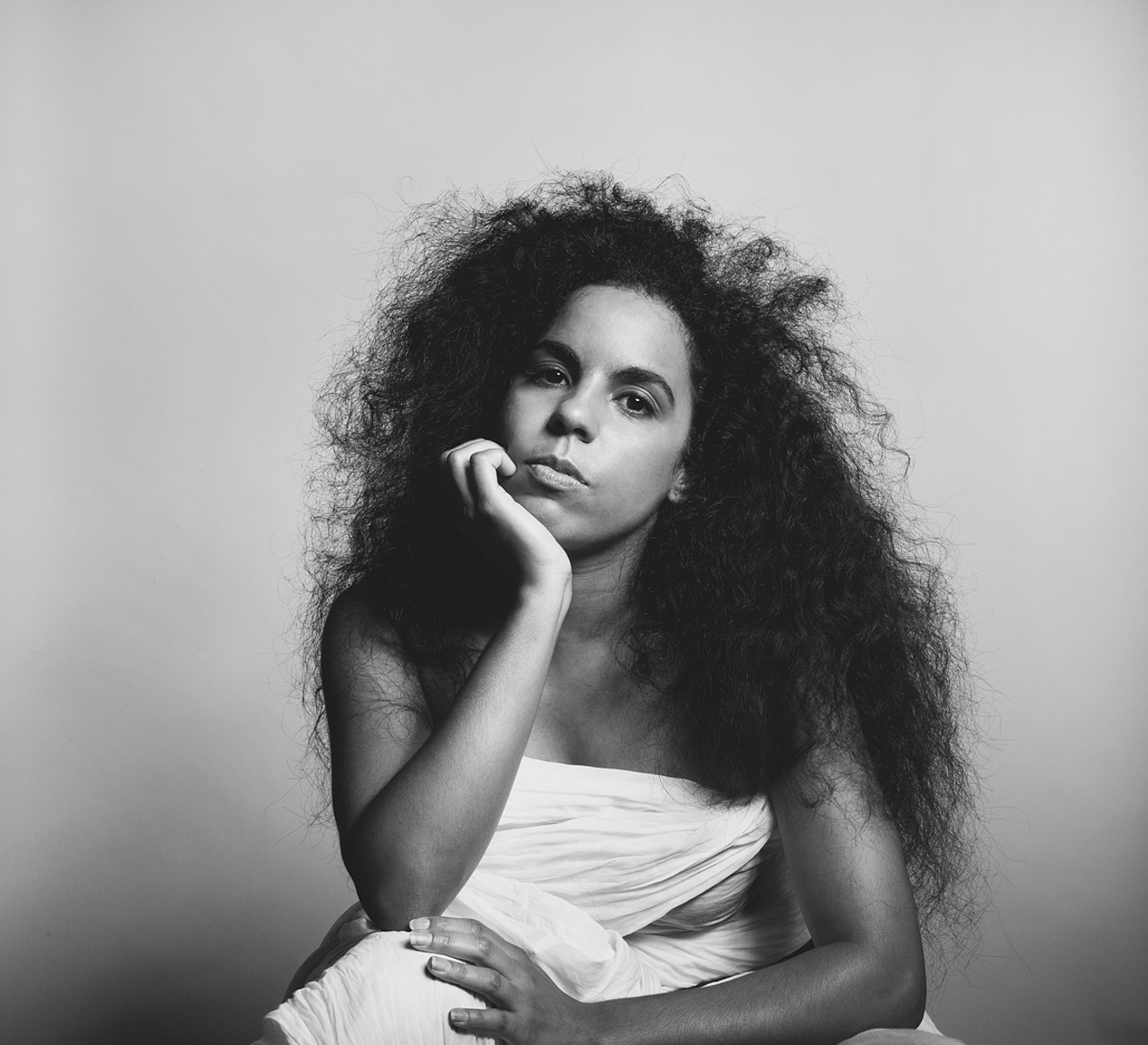Cuban singer Danay Suarez was born a poet.
She doesn't speak in sound bites, as many singers in the digital age do in interviews. Instead, she answers questions about her music and message with all the thoughtfulness and seriousness of someone giving a speech at the United Nations, occasionally sprinkling her prose with folksy metaphors alluding to her humble upbringing in Havana, Cuba.
Suarez speaks softly, her voice weary with the weight of years of struggle to release into the world the music she's long envisioned in her mind.
"My parents didn't have access to the music world or musicians," she says. "I was a teacher for some time, but I always had the desire to sing."
She jumped at the first opportunity she got to speak her thoughts into a microphone through a Havana rap collective. "That forced me to write with a conscience, because the people who were rapping in Cuba were very progressive in favor of human rights and values. That made me develop my mind and spirit."
"It's a record for all time."
tweet this
Working with musicians of a different sensibility proved valuable when she recorded her last album, Polvo de la Humedad, which blends elements of jazz, reggae, and hip-hop, all channeled through her powerful yet delicate voice.
"Almost all the songs were recorded in a home studio called Real 70... That's where some of the most important history of the rap movement in Cuba was recorded."
Suarez uses the word "important" repeatedly throughout the interview in reference to the music she has made. She speaks of it as if it were divinely inspired, as if she's merely a vessel from which a higher message flows.
"I began recording songs because lyrics and melodies would come to me. I had no intention of recording an album. I didn't see myself as an artist, but as a person who had some talent, so I began to record some songs."
She compiled the songs into Polvo, which Universal Music re-released in 2014, about a decade after it was initially recorded. Now Suarez returns with Palabras Manuales, which she'll celebrate with a release concert on International Women's Day. The first single is "Integridad," featuring Stephen Marley.
Suarez was set on collaborating with musicians based on kindred artistry rather than popularity or a potential for maximizing her audience's reach. "I've had the chance to walk through the wide door of popularity," she says, "but I've decided to walk through a narrow one, where there is more struggle and work but one feels that they lived with purpose."
When she went into the studio with Marley, she says, he sensed her deep determination.
"I got into the studio with him and told him: 'I want to cross this line. I want people to see for the first time, in particular a Cuban who reaches the height of this genre with this type of collaboration. It's important for the world to see this type of collaboration at this moment.'
"I think he thought, Who is this girl telling me this?" Suarez admits. "But when he heard my music — because musicians have a musical language that we understand — I think he knew immediately what my aim was. It's not music made for popularity. I was trying to maintain an aesthetic balance in the lyrics and composition that I would like to find in someone else's music. Stephen's and my compositional processes are very similar. He found a twin soul in me. I was searching for him, but he didn't know who I was. Our albums are very similar; they are a mix of genres, but they aren't like arroz con mango — nothing is forced; everything flows together naturally."
Though her collaboration with Marley was a revelation, she describes her creative process as painful because of the obsessive steps she took to match the music she heard in her head with the final product.
"The pace of music-making these days kills music. I don't have all the resources in the world or unlimited time in the studio to make whatever I want to make. I have to work, make a salary, and put together the money to put together the sessions as I hear them in mind. Even the delays and echoes on the record were recorded using analog tapes."
In the end, she says, the pain was worth it. "I made the record that I would have wanted to buy or hear at a record store. I think it's a record for all time. That's what I like — creating a message that isn't for today; it's a message forever. I think people should listen to the album over and over again. The more times you listen, the more details you'll find. There are metaphors in there that you won't catch on the first few listens."
Danay Suarez
8 p.m. Wednesday, March 8, at El Tucán, 1111 SW First Ave., Miami; 305-535-0065; eltucanmiami.com. Admission is free with a table reservation.












